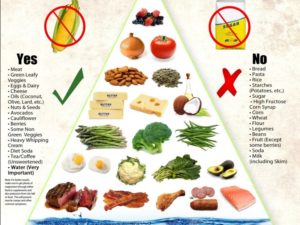Emily-Rose Keto-diet plan
While there is no such thing as a one-size-fits-all diet, diets with varying macronutrient compositions can help in supporting different health goals. The keto-diet plan diet, with its high fat, low carbohydrate, and moderate protein intake, has been solidly researched for a number of health applications since the 1920s and has been growing in popularity in recent years. Additional science and the potential for the ketogenic diet in various applications is emerging.
Professional guidance is important in deciding whether or not the ketogenic diet is the right path based on the individual’s health history and goals, and it’s also necessary to routinely monitor ketone levels in the body while on the diet. At Emily-Rose, we offer a number of resources to help support the keto-diet plan journey along with several convenient keto-diet plan supplementation options to help bring convenience and variety to ketogenic living. Your diet plan includes a full initial consult as well as weekly medical supervision for support and encouragement through your journey to wellness.
keto can help increase energy levels, promote brain function, and support athletic performance—for both professionals and amateurs alike. you get most of your calories from healthy fats found in foods like avocados, grass-fed butter, olives, olive oil, coconut oil, nuts, and seeds. However, keep in mind that some nuts and seeds are better than others. You’ll want to choose those that are high in fats and lower in carbs; brazil nuts, almonds, walnuts, chia seeds and flaxseed are all good options. You can also eat all of the nonstarchy, leafy vegetables you want, as well as other low-carb vegetables like broccoli, peppers, cauliflower, green beans, asparagus, cucumber, and zucchini. In moderation, eat protein in the form of grass-fed meats, pasture-raised poultry, cage-free eggs, and wild-caught fish. Finally, if you want to reach for something sweet, 90% dark chocolate is your best option.
(Ref keto diet)

